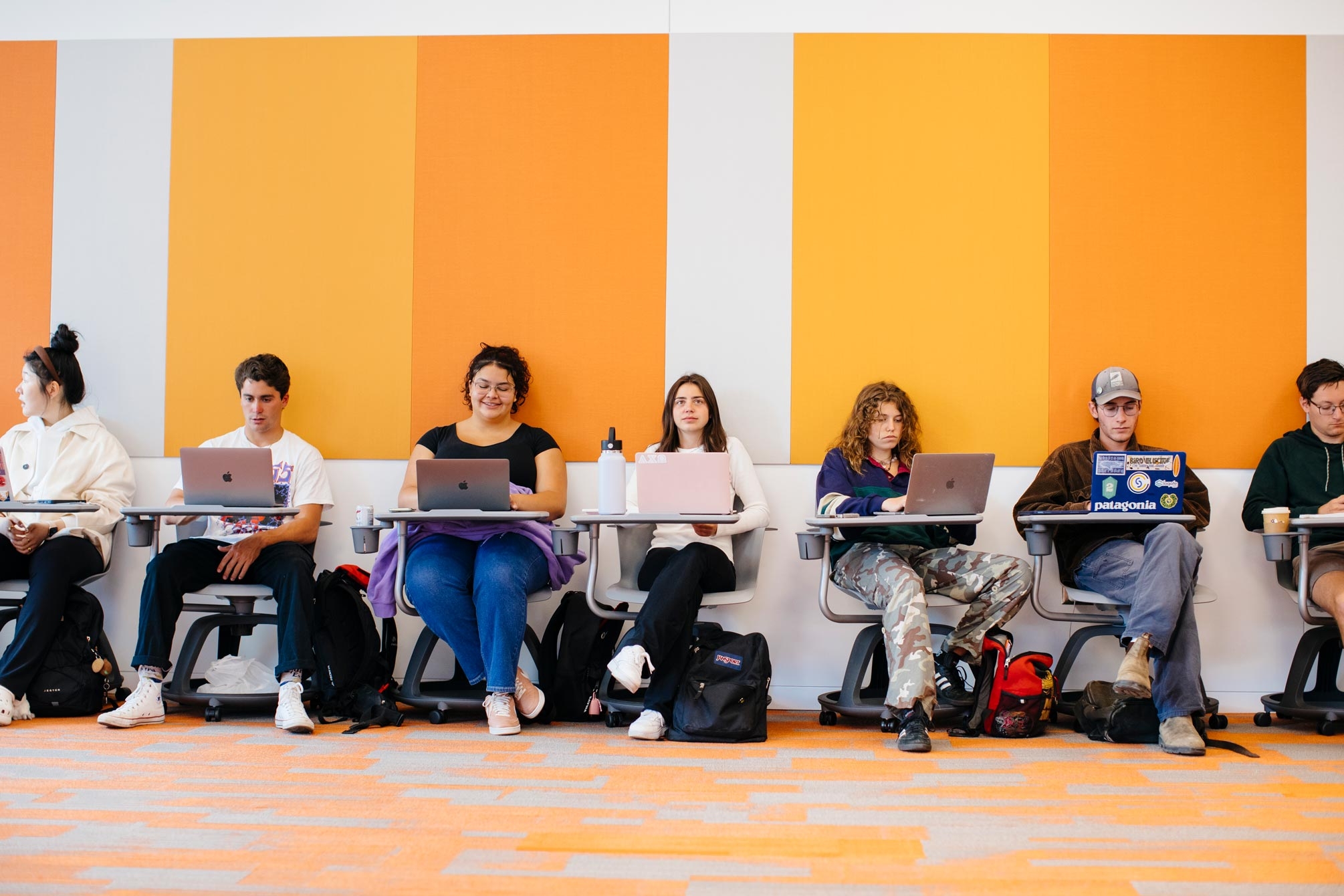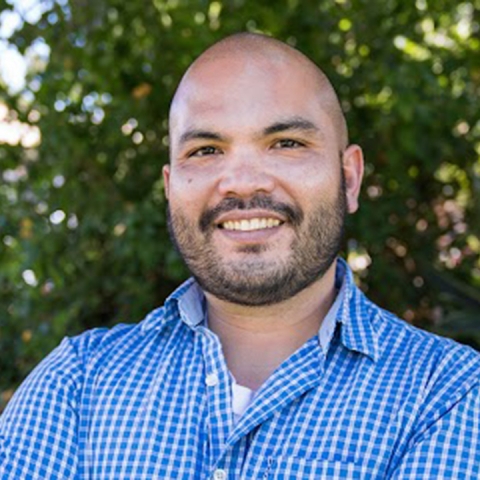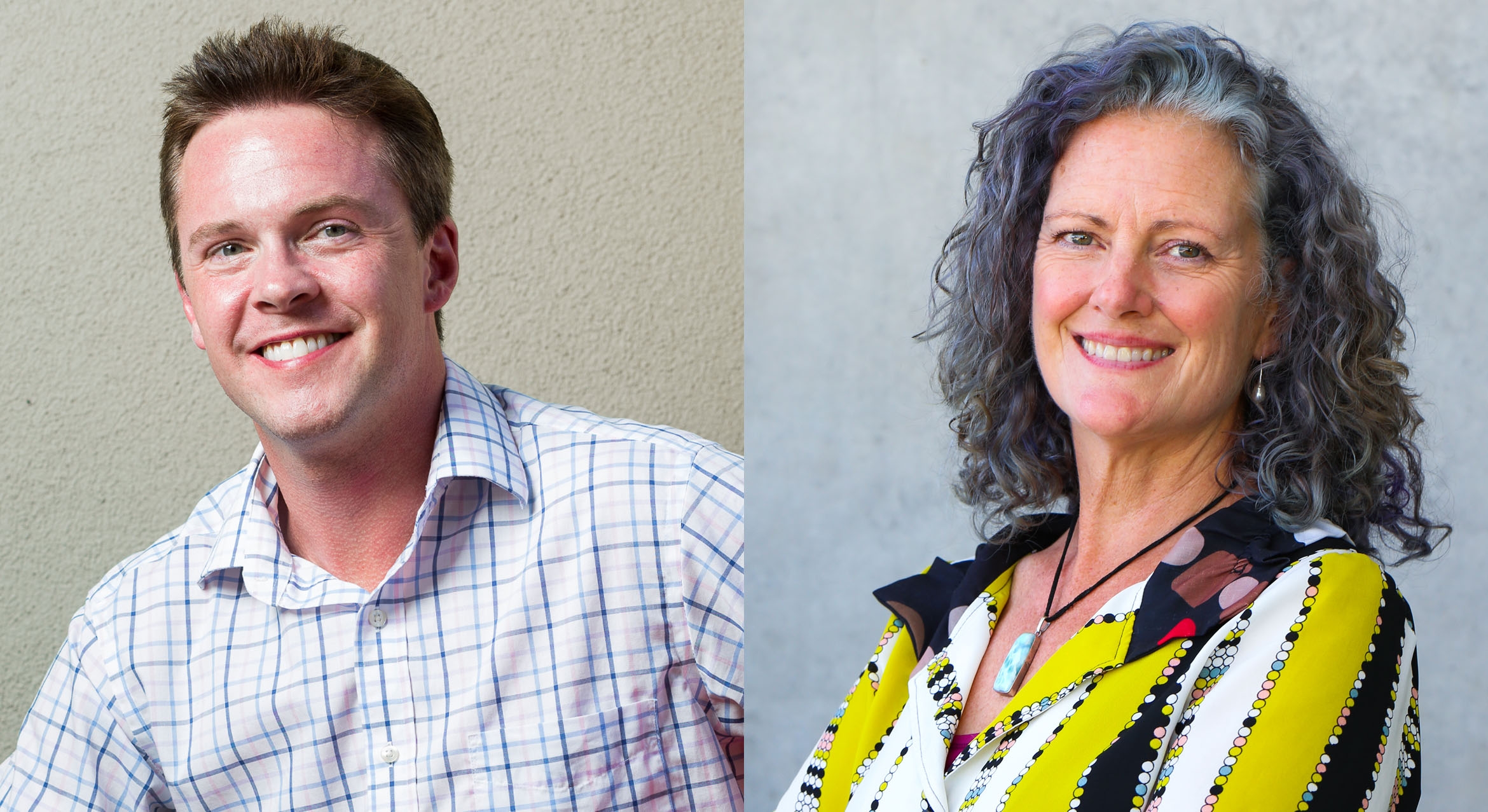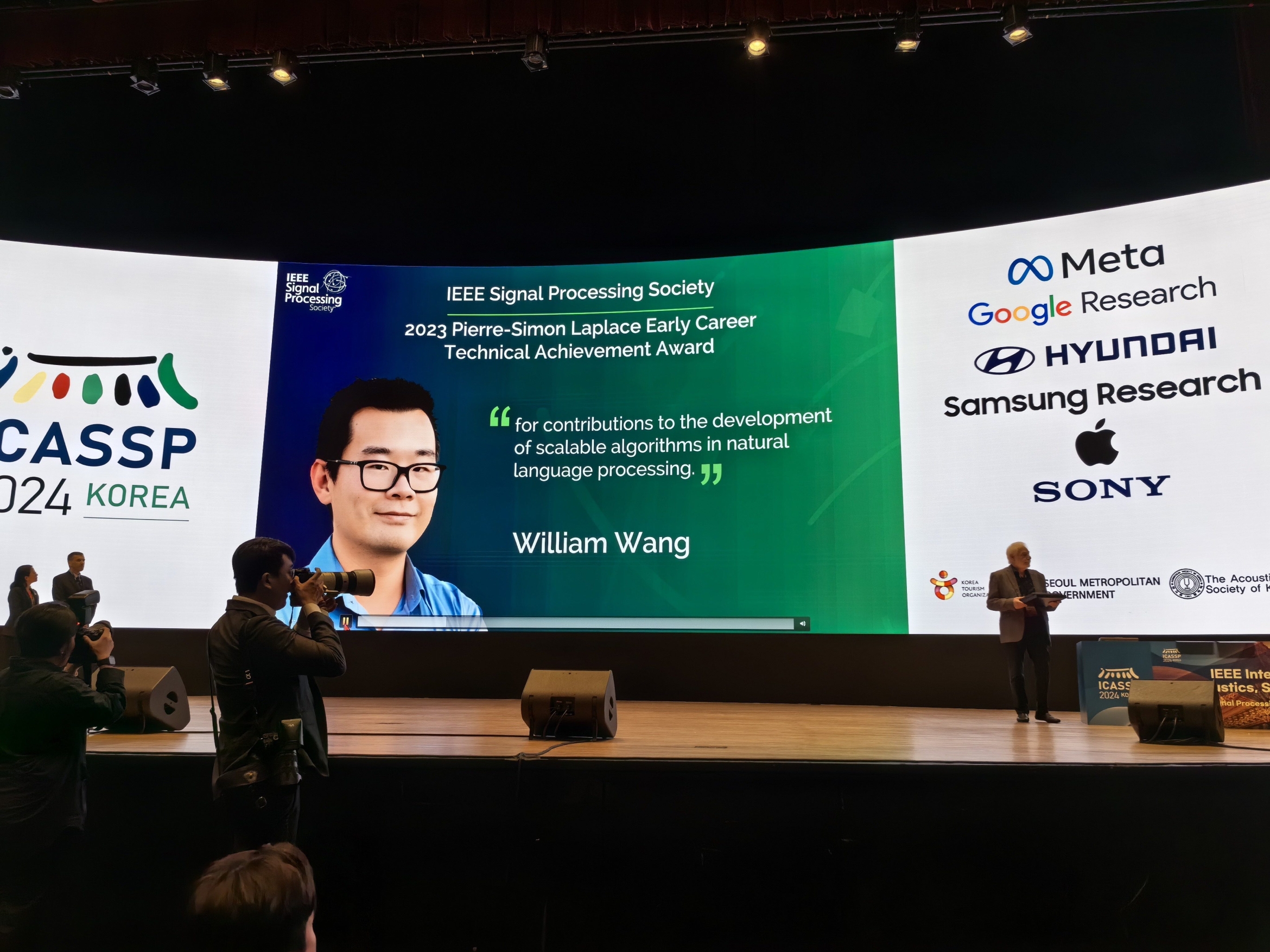
Richert Wang receives NSF grant to help bring role models from marginalized communities to computer science students
Across California, home of Silicon Valley, half of all high school students are Hispanic. Yet according to the 2022 State of Computer Science Education Report, only 22% of Advanced Placement (AP) exam takers in computer science are Hispanic. This data suggests a troubling trend: California’s largest high school demographic population is not participating in the computing education pathway at a rate equivalent to their peers.
To address this equity gap, Richert Wang, an associate teaching professor of computer science in the UC Santa Barbara College of Creative Studies, has been awarded a National Science Foundation (NSF) Broadening Participation in Computing – Demonstration Project grant for a proposal that he co-authored with Kevin Buffardi of California State University Chico. At the heart of their project is a digital platform that prioritizes marginalized identities while offering free lessons and tutorials in computer programming.
“By providing this platform as an accessible free public resource, we are hoping to create a pathway where any student, regardless of what high school they attend, can have an opportunity to learn coding at their own pace, and relate with students currently studying computer science,” said Wang, who also teaches in the UCSB College of Engineering.
Only about 40% of high schools across the state offer AP computer science courses. The equity gap is income-based, with lower income school districts providing little to no computing education opportunities. This disparity –– coupled with long waitlists for computer science courses at universities –– creates barriers for students who come to college without any prior programming experience.
Wang’s project with Buffardi, “Embedding Representation, Relevance and Equity in a Personalized System of Instruction,” aims to improve inclusivity in the field of computer science by placing multimedia learning and women/Hispanic perspectives at the center of high school instructional practices.
In addition to creating the platform, they will develop an equitable learning framework in K–12 computing education and advance ways to improve self-efficacy and inclusion in computing.
By offering relatable computer science content, they hope to increase students’ sense of belonging. The site also allows students to engage with programming topics at their own pace. To achieve this, Wang and Buffardi will mentor “near-peer” students to create content that encapsulates their culturally relevant vantage points on computer science. This content will also be used to build more culturally representative curricula. Wang noted that he is most excited to learn from the students’ experiences and incorporate their perspectives into his own courses.
While the platform will initially be offered to partnering schools, the project team plans to make the technology accessible to the general public. In Goleta, Dos Pueblos High School will be an early adopter of the specialized platform. The technology will “ enable high school instructors to supplement their own curriculum, monitor student progress on certain topics and help provide insight on how to address students appropriately,” Wang said.
Their research outcomes will also be incorporated into teacher professional development courses at CSU Chico, equipping future AP computer science teachers with inclusive pedagogy and strategies.
“We hope our platform will encourage more students from disadvantaged communities to apply to college as computer science majors,” Wang said, helping to make the computer science college admissions pipeline more diverse and inclusive.
Debra Herrick
Associate Editorial Director
(805) 893-2191
debraherrick@ucsb.edu




